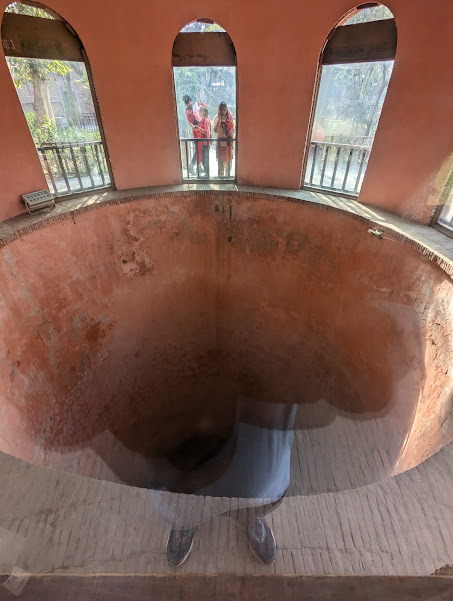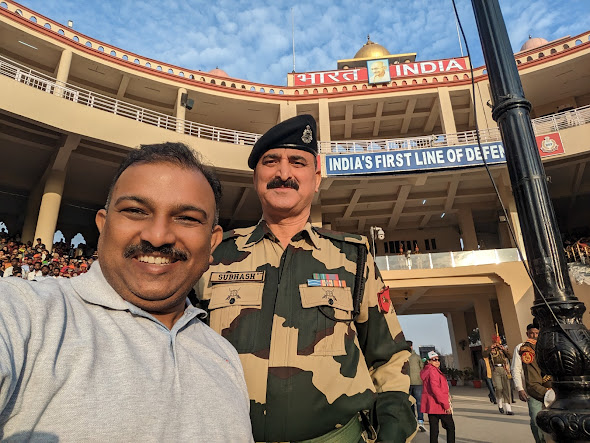Gratitude is the least we can offer to the brave freedom fighters who gave their lives for the independence and freedom of our beloved country. Their unwavering dedication and selfless sacrifices paved the way for the freedom and prosperity that we enjoy today.
The fight for India's independence was a long and difficult journey, but it was one that was filled with immense courage, resilience, and determination. Countless freedom fighters laid down their lives to ensure that future generations of Indians could live in a free and democratic nation.
It is our responsibility to honor the sacrifices made by our forefathers and to be grateful for the freedom and opportunities we have today. Let us never forget the sacrifices made by our brave freedom fighters and always strive to uphold the values of democracy, equality, and justice that they fought for. We owe them a debt of gratitude that can never truly be repaid, but we can honor their legacy by cherishing our freedom and working towards a better and brighter future for our country.
The well in Jallianwala Bagh is a stark reminder of the brutality of the Jallianwala Bagh massacre that took place on April 13, 1919, in the city of Amritsar, Punjab, during the British Raj. The well is located in the northwestern corner of the park and is considered one of the most harrowing sites of the tragedy.
On that fateful day, British troops under the command of General Reginald Dyer opened fire on a crowd of unarmed and peaceful protestors who had gathered at the Jallianwala Bagh. Many people, in an attempt to escape the hail of bullets, jumped into the well. Tragically, the well was only about 20 feet deep, and as a result, many people suffocated and died from injuries sustained during the fall. The well is now a grim symbol of the horrors of that day and stands as a reminder of the inhumane acts committed by the British government.
Today, the well has been preserved and serves as a memorial to the victims of the Jallianwala Bagh massacre. A plaque with a brief description of the incident has been placed next to the well, and visitors can pay their respects by offering flowers and lighting candles. The well is a sobering reminder of the tragedy and the struggles faced by those who fought for India's independence from British rule.
Eternally grateful and thankful. Jai Hind.




